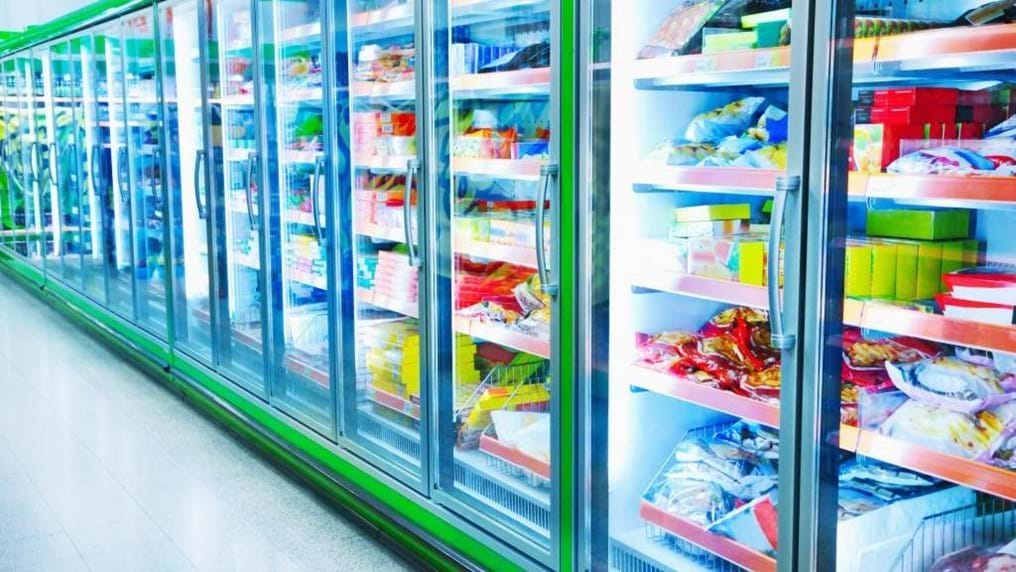Day 193: Put a label on it to reduce food waste

6th December 2014
Author: Geoff Maitland, IChemE President 2014–2015.
But sometimes I think we forget that the packaging our food comes in has been specially designed to ensure that our food lasts as long as possible – once you take food out of the pack it drastically reduces its shelf-life.
Over 100 million tonnes of food are wasted annually in the European Union. And if nothing is done this is expected to rise to 126 million tonnes by 2020.
The wasting of food is not only an economic and ethical issue but it also depletes our natural resources. There are 805 million undernourished people in the world today, anything we can do to stop food being wasted will help reduce this inequality.
In January this year saw the conclusion of the IQ-FRESHLABEL research project set up to develop intelligent labels to help reduce our food waste.

Funded partly by the European Commission it brought together a group of chemical engineers and other researchers from across Europe with 17 partners from nine different countries. Studies took place in Finland, Germany, Southern France and Greece.
The project set out with the aims of investigating consumer, retailer and industry expectations and then developing a system of intelligent labels to monitor the food spoiling triggers; temperature and oxygen content.
Being able to influence the post-production life of food is key in food supply chains. Poor food handling during transport, storage and in households leads to quality defects and increases the risk of microbial growth and spoilage leading to increases in food waste.
The group developed two intelligent labels for food packaging; one to monitor the time and temperature of frozen products and the second to monitor the oxygen content in the modified atmosphere of packed chilled food.
The time-temperature-indicators (TTIs) were designed to meet the specific demands of frozen food which can have a very long shelf-life of up to 24 months, dependent on storage temperature (with optimal storage of -18°C). High temperature storage (0°C) showed major quality deterioration.
The intelligent labels for frozen fish products have been validated in Greece and are ready to be used internationally. These TTIs are able to not only monitor the temperature changes food is subjected to but also take into account how long a product was exposed for; food spoiling occurs more quickly at higher temperatures.

Chilled food products are often packed under modified atmosphere (MAP) to extend its shelf-life. However, leakages can cause the shelf-life of a product to decrease by 26 per cent (for example for a leakage with 0.2 mm diameter).
The team developed a cheap and non-destructive quantitative oxygen detection system, using luminescence technology to detect leakages in food packaging (detection range 0-30 per cent oxygen). This allows consumers, retailers and suppliers to be kept informed about potential premature spoilage of food.
A socio-economic study was also undertaken to see if these intelligent labels would be used in reality and thus have a real impact on reducing food waste.
Manufacturers and retailers saw the benefits of using such products and consumers were willing to pay £0.16 (€0.20) more to have intelligent labels on their food packaging.
The group hopes that these developments will lead to greater food safety management as well as reducing food waste.
I think that this project is very inspiring. We look sometimes for big changes to make an impact on waste reduction, but I think this elegant and simple solution is just as effective.
ChemEng365 blog
Geoff Maitland launched this blog during his IChemE presidency in 2014. ChemEng365 features 365 chemical engineering successes and achievements throughout his year-long presidency.